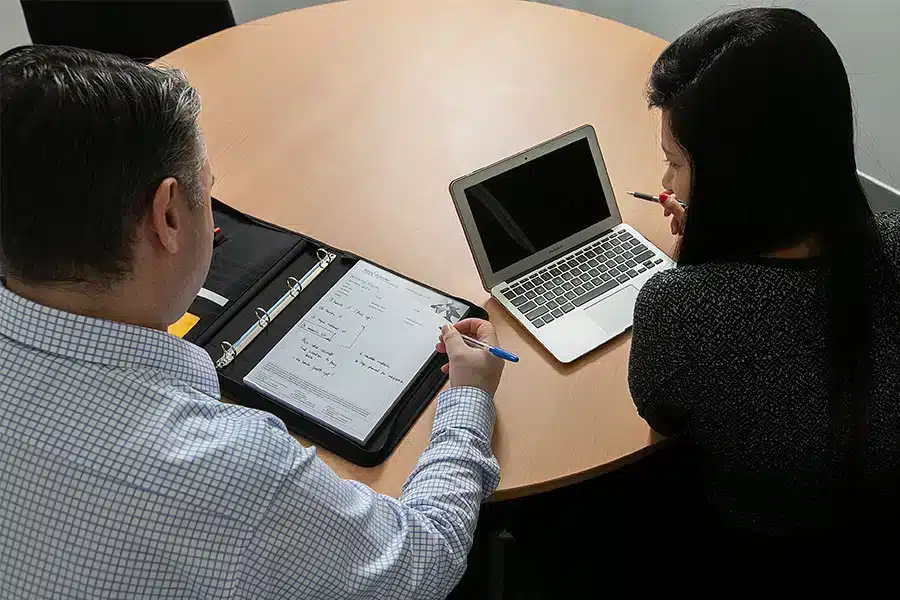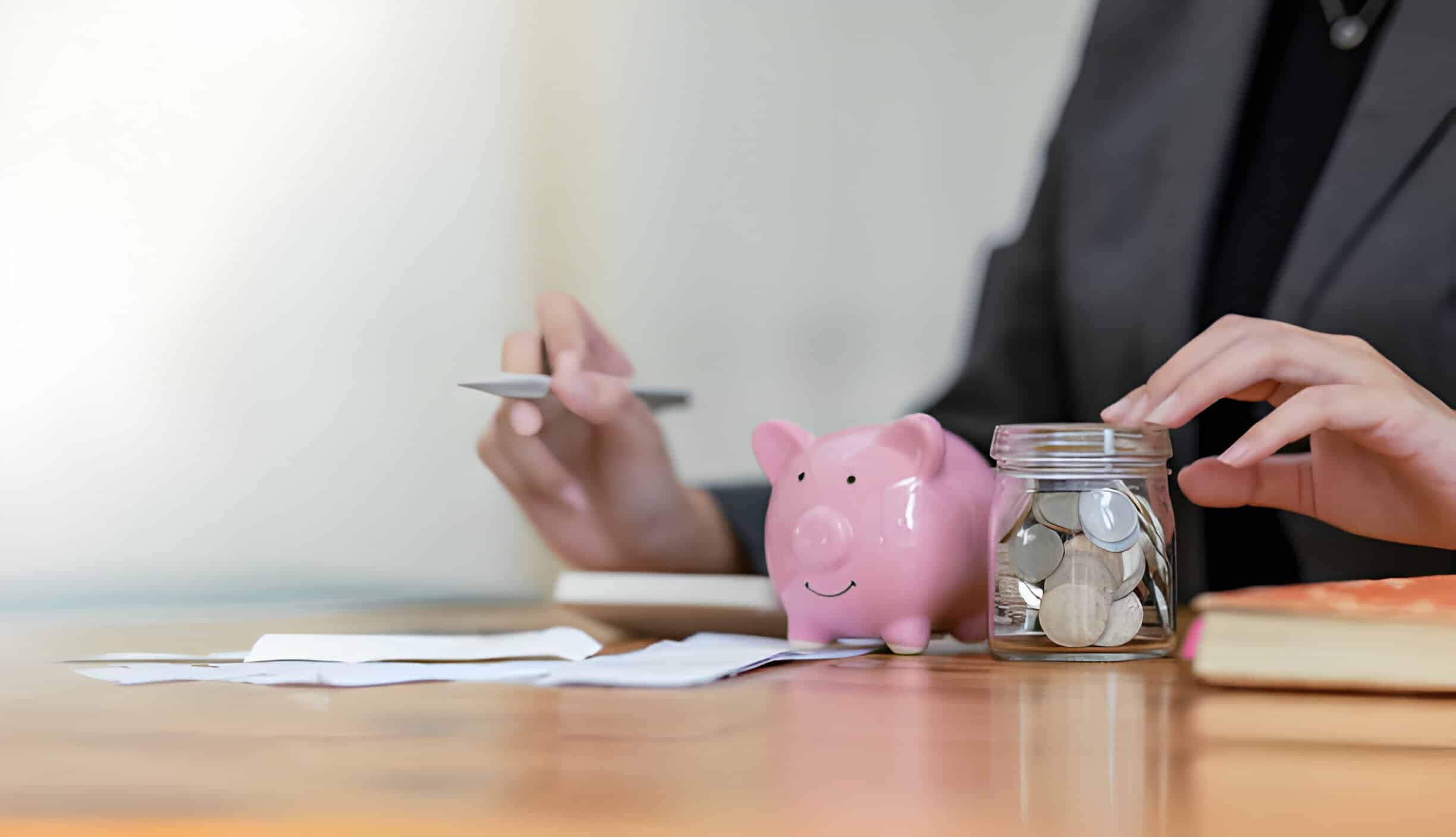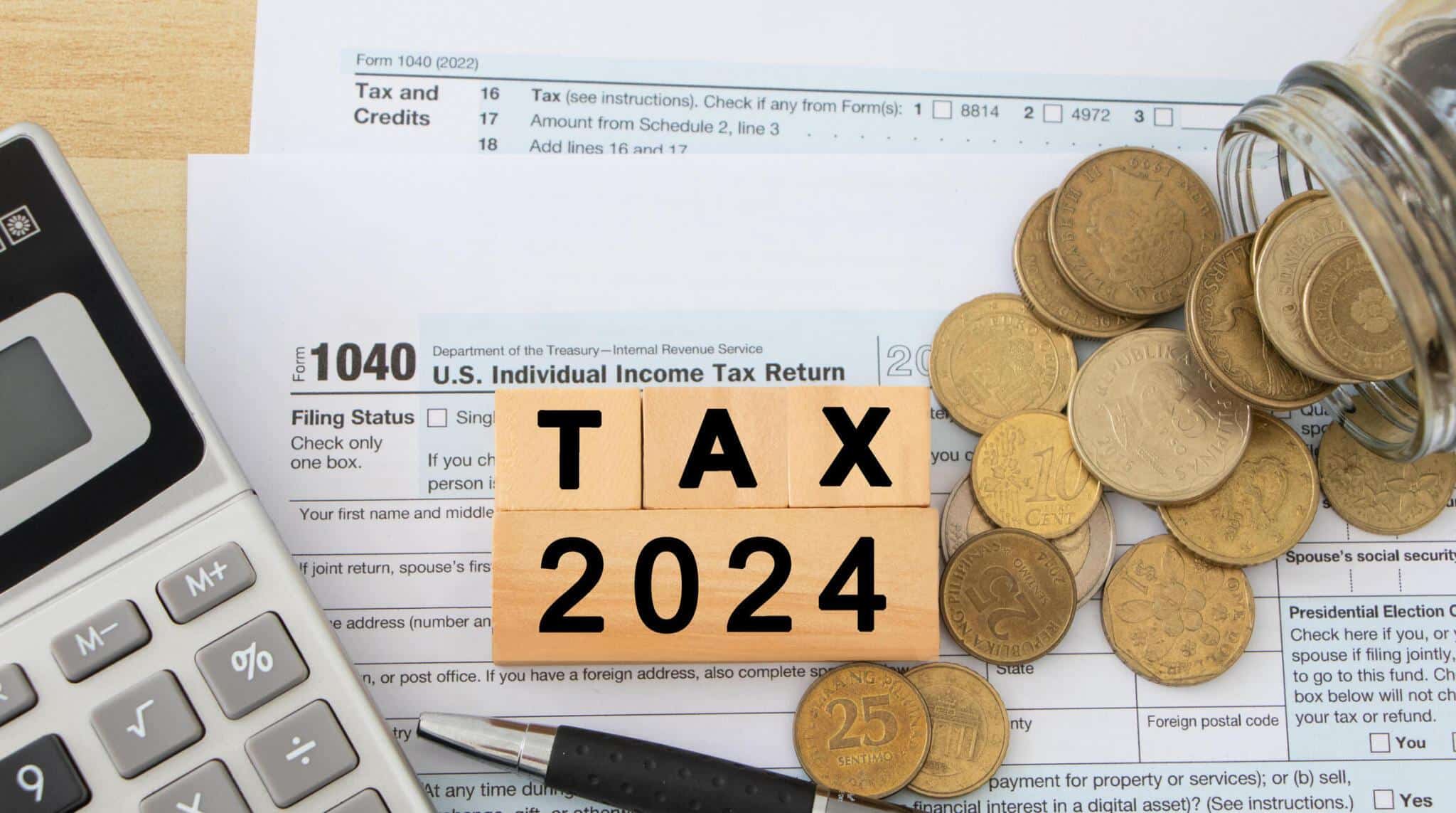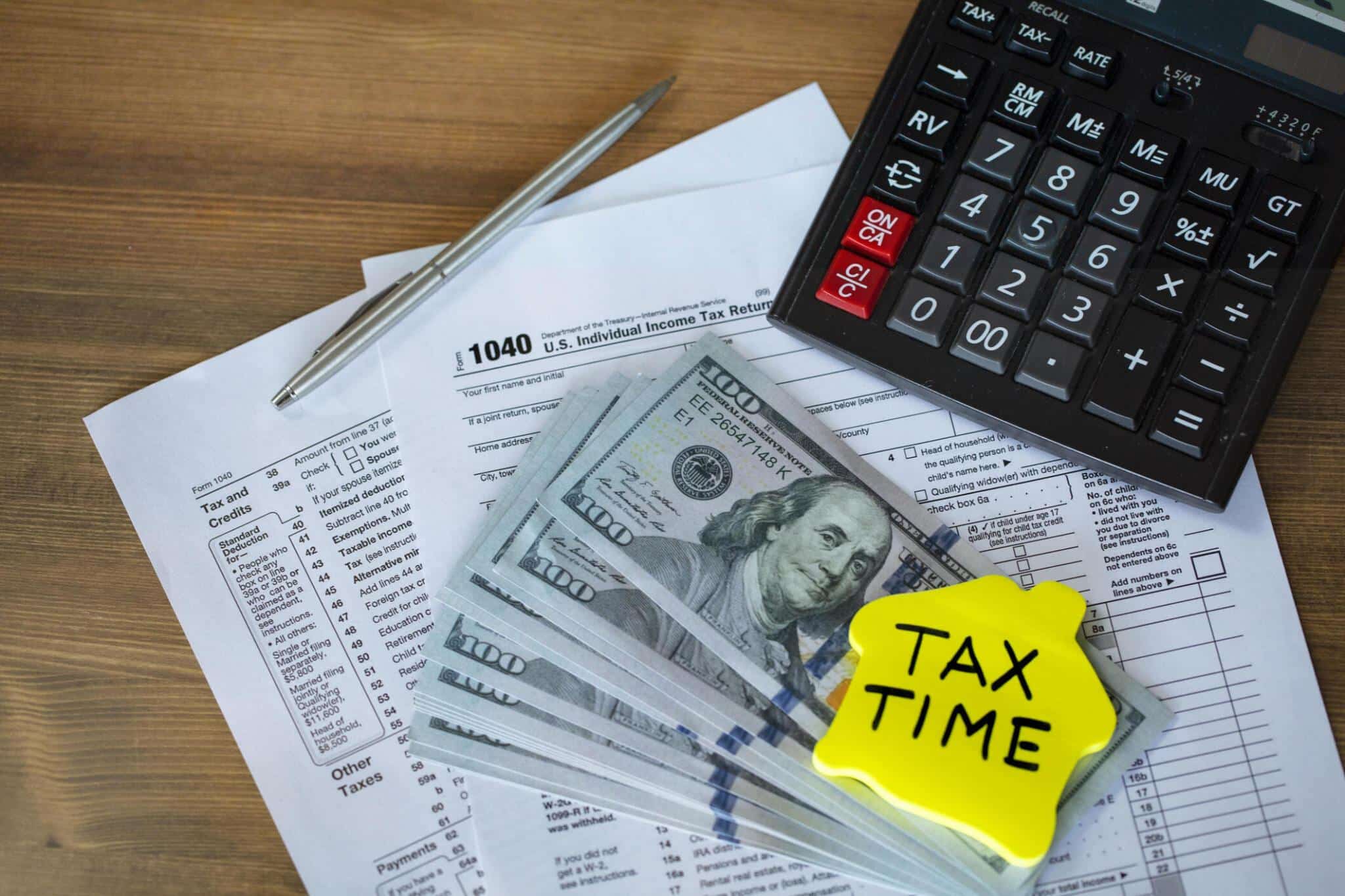Every dollar counts when you own a small business so if you’re wondering how to pay less tax, take a look at the following tips from a leading small business accountant.
How to pay less tax
Keep good records and separate bank accounts
It may be tempting to pay for something work-related using your own credit card, thinking you’ll just upload the receipt or let your tax accountant know about it later.
However, this is a habit that will cost you time and money. You’ll either find yourself scrambling to remember what you spent money on when tax time rolls around, or you’ll end up having to waste time logging into your financial systems to record your spending.
Throughout the year, make sure business expenses come out of business-related accounts and connect your accounts to a cloud-based system like MYOB or Xero.
This will make it easier to track and declare your expenses.
Be aware of what counts as work-related
While you can’t renovate your kitchen and claim it as a home office expense, there are many costs associated with working from home which may be tax-deductible. During COVID, changes have been introduced which allow you to claim 80 cents per hour for costs like electricity, phone, internet and office supplies.
Other expenses like tools, subscriptions, training courses or travel costs can also be tax- deductible if they are work-related. Ensure these are all tracked by your online accounts system or in your spreadsheets and your accountant can let you know if you qualify for a reduction in
your tax bill.
Ask about write-offs, exemptions and grants
Changing tax regulations during the 2019-2020 and 2020-2021 financial years are worth being aware of.
For example, the Australian Government revised the instant asset write-off threshold during the early months of 2020. This can apply to large purchases like vehicles, machinery or equipment; anything which is used to help your business, up to the value of $150,000.
As the Australian Government explains, “Under the instant asset write-off, eligible businesses can claim an immediate deduction for the business portion of the cost of an asset in the year the asset is first used, or installed ready for use.”
This threshold has changed a few times over recent years so speak with your small business tax accountant if you are considering a purchase and not sure if you’re eligible.
Because you’re a small business, you may also be able to take advantage of things like accelerated depreciation, deductions in your company tax rate or small business income tax offsets. Again, it makes sense to speak with your accountant so you can figure out how to best leverage the latest tax concessions.
Super and trusts
As a business owner, it’s easy to forget about paying yourself superannuation. However, even though it’s difficult to access your super, it’s still your money. And putting it away can be tax-free, up to a certain amount each year. So this is a way of paying less tax while hanging on to more of your own money.
What’s known as a ‘discretionary trust’ or ‘family trust’ is another way to potentially save on tax. This will cost some money to set up but the basic idea is that you use it to allocate money to members of your family who have lower incomes. There is a big explainer article shared by the ABC about trusts and tax minimisation, however your accountant will be able to explain to you how this may be applicable to your circumstances.
Work with a great small business tax accountant
The goalposts shift constantly when it comes to what counts as a tax write off, how much tax your business has to pay and how to time your spending in order to maximise your tax return.
As an added bonus, your accountant may be able to identify and prove that you have paid too much tax in the past. There could be thousands of dollars that your business is entitled to claim without you even realising.
Get the help of a professional accountant who can show you how to pay less tax and keep more of your hard-earned money in your pocket.
See more: Why you need a tax accountant
Mobbs & Company are small business tax accountants with offices on the Sunshine Coast, in Brisbane and Caboolture. Contact us for a free initial appointment.










